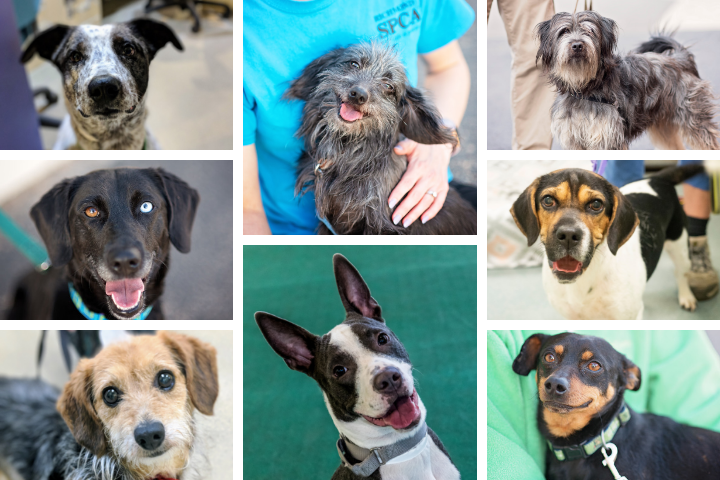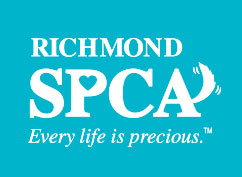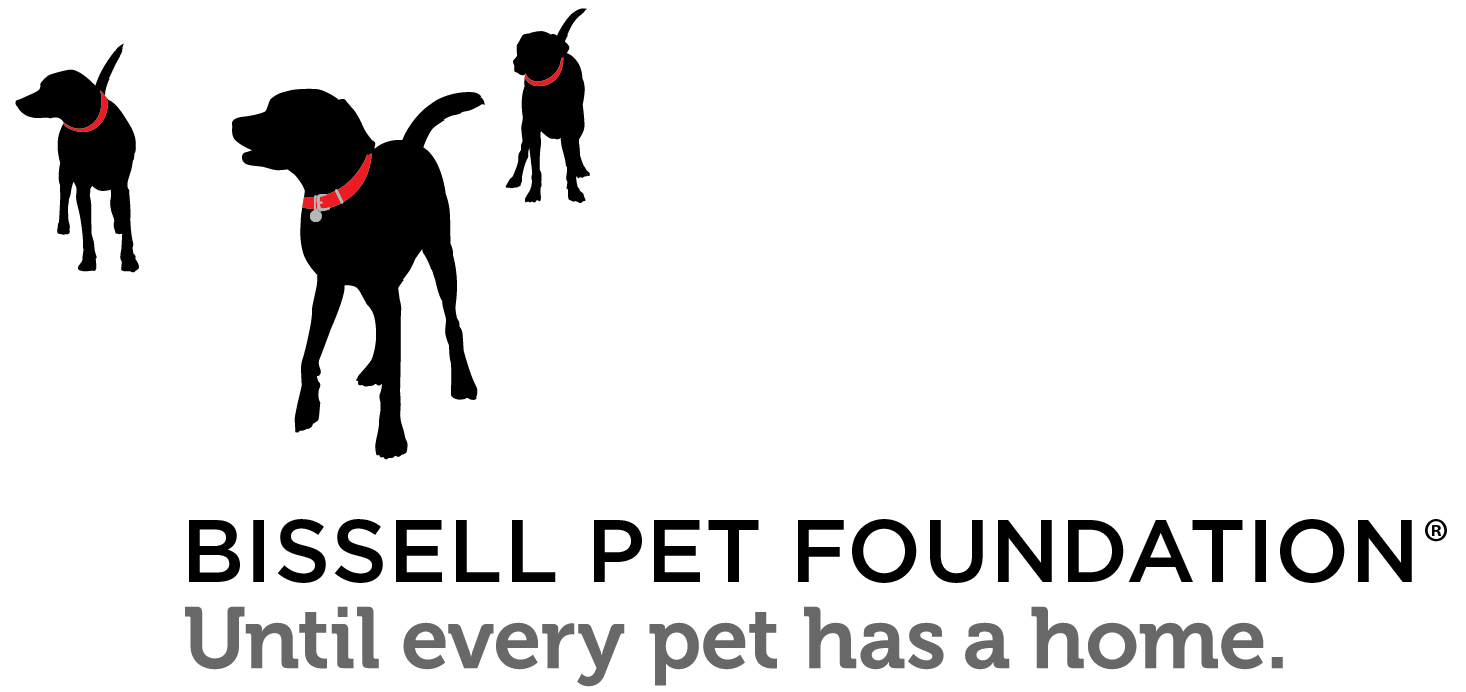One piece of information you won’t find on our kennel cards or website

At the Richmond SPCA, we focus on helping adopters make informed decisions, and that involves sharing all that we know about a homeless pet in our care. How did he arrive here? What conditions did our veterinarian diagnose and treat after her arrival? If he had a previous home, what did that family have to say? Does she know any commands or has she worked with our trainers? Will he retrieve balls or does he prefer a game of tug? Sharing this information with potential adopters helps them to decide whether a particular pet is going to be a good match.
What kind of dog is that?
One piece of information we’ve been providing about the dogs in our care is little more than a guess. And for most, that guess doesn’t tend to reveal much. That is a dog’s “breed.” Labeling a mixed breed dog as breed 1 + breed 2 is unreliable. These designations are based on appearances, and each person interprets looks in a different way.
This is why we have come to the conclusion that if the information is neither accurate nor helpful, it should not be part of the limited details highlighted on our kennel cards in the adoption center nor on our dogs’ bios on our website. Few of our Facebook posts about dogs awaiting adoption have included information about their supposed breed for some time now. We focus instead on showcasing good photos that let you see their features, body type and size along with what makes each one a distinctive, unique, one-of-a-kind companion that just might be the match for you.
Our adoption process is based on personal interaction with the animal and in-depth conversations between our adoption counselors and potential adopters about all aspects of the pet being considered. That won’t change. It’s what makes meeting your next best friend at the Richmond SPCA an experience that so many adopters repeat time after time when adding another companion to their families.
All dogs are individuals
View the infographic from Animal Farm Foundation for insight on how the canine genome affects appearance and behavior.
This post was originally published on April 5, 2016. Find more archived blog content from the Richmond SPCA here.

Tabitha joined the Richmond SPCA in 2005 as an admissions counselor soon after moving to Richmond from her home state of Mississippi, and has been our director of communications since 2010. She is a member of the Public Relations Society of America and PRSA Richmond.
Tabitha and her husband live in Richmond with four Richmond SPCA alumni – two cats and two dogs.



